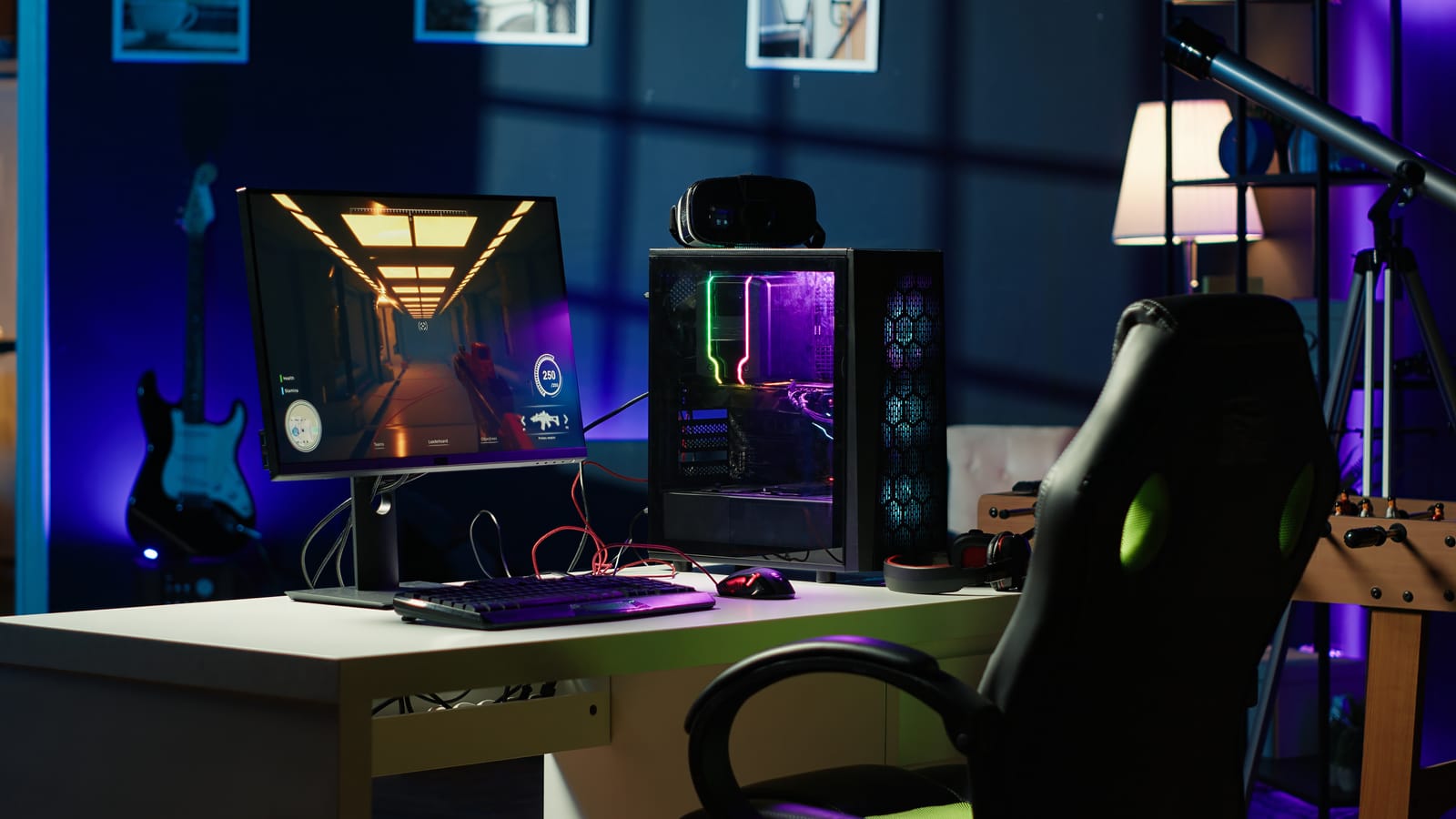You buy a game. You install it, play it for hundreds of hours, and it becomes a part of your digital life. Then one day, the publisher decides to flip a switch, and the game is gone forever, rendered completely unplayable. This isn’t a hypothetical scenario; it’s the reality that sparked the “Stop Killing Games” initiative, a massive, gamer-led consumer rights movement fighting for the future of digital ownership.
This guide breaks down the controversy that started it all, the core arguments on both sides, and what this fight means for every game in your library.
The Catalyst: The Shutdown of “The Crew”
The flashpoint for this movement was Ubisoft’s decision to shut down the servers for its 2014 online-only racing game, The Crew. While shutting down old online games is common, this case was different. Because the game required a constant connection to Ubisoft’s servers to function, shutting them down didn’t just end multiplayer support; it made the entire game—including its single-player campaign—completely inaccessible to everyone who had purchased it.
When challenged, Ubisoft’s legal stance was blunt: players never actually owned the game. They had merely purchased a license to access the service, and that license could be revoked. For many, this was a shocking revelation that the digital games they had paid for could be taken away at any time, without recourse or refund.
The Core of the Debate: Are You Buying a Product or a License?
This incident exposed a fundamental disconnect between consumer perception and the legal reality of digital game sales.
- The Gamer’s Perspective: Most people believe that when they purchase a game, they own a copy of it. They expect to be able to play that game for as long as they have the hardware to run it, just like a physical book or a Blu-ray disc.
- The Publisher’s Perspective: According to the End-User License Agreements (EULAs) that players agree to, they are not buying a game. They are buying a limited, revocable license to use the software. Publishers argue that for online-only, “live service” games, the cost of maintaining servers indefinitely for a dwindling player base is not financially viable.
The Movement: What is “Stop Killing Games”?
In response to the shutdown of The Crew, a YouTuber and activist known as Accursed Farms launched the “Stop Killing Games” campaign. It’s a consumer advocacy initiative with a clear and focused goal: to secure legal protections that would prevent publishers from making games that people have paid for completely unplayable.
The movement is not arguing that publishers must keep servers online forever. Instead, it advocates for solutions, such as requiring publishers to provide a patch that would allow games to be played offline or on private servers after official support ends.
The Legal Front: The European Citizens’ Initiative
The “Stop Killing Games” movement has gained significant international traction, most notably through a European Citizens’ Initiative. This is a formal mechanism in the European Union that allows citizens to propose legislation directly to the European Commission. The petition surpassed its goal of one million signatures, a major milestone that will likely trigger a formal review by EU regulators. This could potentially lead to new, bloc-wide consumer protection laws for digital games.
Conclusion: The Future of Your Game Library
The “Stop Killing Games” movement is about more than just a single game; it’s a battle for the very definition of ownership in the digital age. It forces a crucial conversation about the rights of consumers and the responsibilities of corporations in a world where the things we buy can be taken away with the flip of a switch. The outcome of this fight could fundamentally reshape the future of video game preservation and determine what it truly means to own your digital library.

